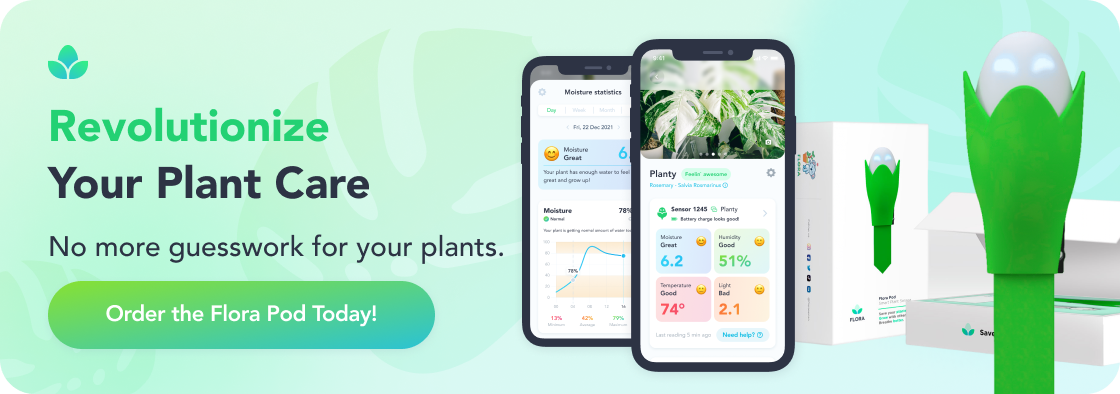Are Snake Plants Toxic to Cats? Guide to Snake Plant Toxicity

Houseplants are a delightful addition to any home, offering your indoor spaces a touch of nature and beauty. One popular choice among enthusiasts is the snake plant (Sansevieria trifasciata), known for its hardy nature and air-purifying abilities. However, a common concern among pet owners is whether snake plants are toxic to cats. Let's explore the world of snake plants and whether they pose a risk to our feline friends.
The Basics of Snake Plants
Scientifically known as Sansevieria trifasciata, snake plants have captured the hearts of plant enthusiasts and interior decorators alike. These plants are renowned for their distinct aesthetic appeal and their reputation as excellent air purifiers. The common name "snake plant" is often interchanged with "mother-in-law's tongue" due to the striking resemblance of their long, pointed leaves to the sharp tongue of a reprimanding mother-in-law.
The unique appearance of snake plants is a major draw for those seeking a touch of greenery in their indoor spaces. The long, slender leaves stand tall, growing upright and presenting a visually striking architectural quality. These leaves feature various captivating patterns, including dark green with light green stripes or vice versa, giving them an added dimension of visual interest. Their elegant and modern design makes them ideal for contemporary interior decor.
Snake plants are popular for plant enthusiasts because of their attractive appearance and ease of care. They are resilient and adaptable plants, suitable for novice and experienced gardeners. Here are some key characteristics that make them easy to care for:
Low Light Tolerance: Snake plants can thrive in low light conditions, which makes them suitable for rooms with limited natural light. This characteristic distinguishes them from many other house plants requiring bright, indirect sunlight.
Minimal Watering Needs: Overwatering can be a common issue with many houseplants, but snake plants are forgiving when it comes to watering. They can withstand periods of drought and are more likely to suffer from too much water than too little. Water sparingly and allow the soil to dry out between waterings.
Air-Purifying Properties: Snake plants purify the air by removing toxins such as formaldehyde and benzene. This makes them a popular choice for improving indoor air quality.
Low Maintenance: Snake plants are not heavy feeders and don't require frequent fertilization. Occasional feeding during the growing season is usually sufficient to keep them healthy.
Fern's Leafy Learnings
- NASA's Clean Air Study identified snake plants as one of the houseplants that can help remove indoor air pollutants, including formaldehyde and benzene, making them part of the space agency's efforts to improve air quality in space stations.
Are Snake Plants Toxic to Cats?
Let's get straight to the point – are snake plants toxic to cats? Yes, snake plants are toxic to cats. They contain compounds that can be harmful to felines if ingested. The presence of saponins can cause gastrointestinal upset, drooling, and other symptoms in cats.
Symptoms of Snake Plant Toxicity in Cats
Understanding the potential symptoms of snake plant toxicity in cats is crucial. These may include:
- Vomiting
- Diarrhea
- Drooling
- Loss of appetite
- Lethargy
If you suspect your cat has ingested any part of a snake plant and exhibits these symptoms, it's essential to contact your veterinarian immediately.
Fern's Leafy Learnings
Snake plants are often associated with folklore and superstitions. In some cultures, they are believed to bring good luck and protect against negative energy, while in others, they are considered bad omens when grown indoors.
Keep Snake Plants Out of Reach
Keeping toxic snake plants out of their reach is wise to ensure your cat's safety. Place them in hanging baskets, high shelves, or rooms your cat can't access. This simple precaution can go a long way in preventing potential incidents.
Are Snake Plants Toxic to Dogs?
While we've established that snake plants are toxic to cats, they pose a different scenario for dogs. Snake plants are also mildly toxic to dogs, but the likelihood of severe poisoning is much lower than cats. Dogs are less likely to chew on houseplants, and their digestive systems can handle small ingestions of snake plant leaves without severe consequences.

Alternatives for Pet-Friendly Homes
There are numerous safe houseplants if you're a cat owner and want to maintain a green and pet-friendly home. Consider options like spider plants, areca palms, or Boston ferns, which are non-toxic to cats and dogs.

Snake plants are indeed toxic to cats due to the saponins they contain. While the risk to dogs is lower, it's essential to exercise caution and keep these plants out of their reach. As a responsible pet owner, always be aware of the dangers certain houseplants can pose to your furry companions. If you suspect your pet has ingested any toxic plants, consult your veterinarian promptly. Knowledge and a little bit of caution can keep your greenery and animals safe and happy in the world of houseplants and pets.
No cat? No problem! Check out Flora’s selection of Snake Plants here!
Embark on a flourishing journey with plants that aren’t just decor, but companions.
At Flora, we not only bring you a vibrant selection of locally sourced, rare, and delightful plants, but we also serve as your continuous guide in your plant parenting voyage, ensuring every leaf in your sanctuary thrives.
With our Flora Pod™ technology and a nurturing community of over 250,000 plant lovers, we cultivate a space where every plant parent - novice or expert - can blossom.
We propagate with a commitment to sustainability, connection, and ceaseless growth, fostering a community where each member, and their plants, are cherished and nurtured.
Crave a lush, thriving green space? Adopt a plant from Flora today!
Flora Pod™ is featured on Shark Tank!

5 Signs Your Houseplant Needs Repotting Now
Mar 02, 2026
6 Anthurium Benefits You Didn't Know About
Mar 02, 2026

How to Prune Your Houseplants Before Spring Growth Season
Mar 02, 2026

10 Best Houseplants for Spring Repotting Success
Mar 02, 2026

Can ZZ Plants Survive in Low Light Conditions?
Mar 02, 2026

5 Critical Pre-Spring Pruning Tips for Houseplants
Mar 02, 2026

Can Succulents Survive Winter Outdoors in Your Climate Zone?
Mar 02, 2026

Which Houseplants Are Toxic to Cats and Should You Avoid Them?
Mar 02, 2026





